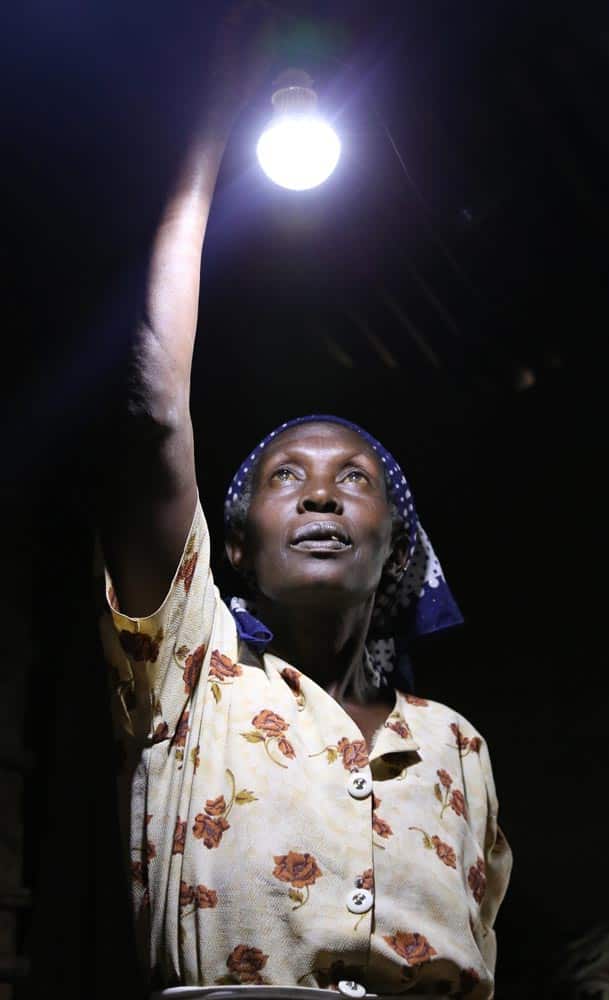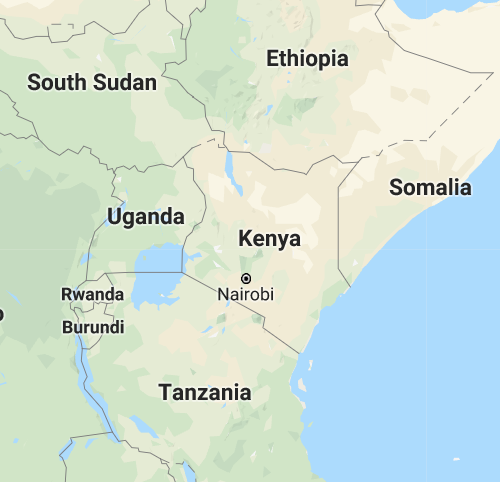 Mary Nyanbura wears a lovely yellow dress that falls gently from her slender frame. Like the former Mary, this woman had four children, but hers are alive: Peter, John, Francis, and Anthony are in their 20s and 30s. They can’t help their mother, though, because all are struggling to support themselves. One gardens for a white family and one takes on manual labour in Kijabe when he can. One is an alcoholic. When these sons were younger, she was unable to raise the money to send them to secondary school, so their futures will always be bleak. Mary has brothers and sisters living elsewhere, but they have chosen not to be involved with her and her family. Although she sometimes grows potatoes, maize, and beans, this year she was unable to afford to cultivate her land.
Mary Nyanbura wears a lovely yellow dress that falls gently from her slender frame. Like the former Mary, this woman had four children, but hers are alive: Peter, John, Francis, and Anthony are in their 20s and 30s. They can’t help their mother, though, because all are struggling to support themselves. One gardens for a white family and one takes on manual labour in Kijabe when he can. One is an alcoholic. When these sons were younger, she was unable to raise the money to send them to secondary school, so their futures will always be bleak. Mary has brothers and sisters living elsewhere, but they have chosen not to be involved with her and her family. Although she sometimes grows potatoes, maize, and beans, this year she was unable to afford to cultivate her land.
Mary is glad for the solar lights we leave behind because she has no money for kerosene. She is grateful that she will now be able to see despite the year-round darkness of Kenyan evenings. Before we leave, she asks us to pray for her and her family. We stand in a circle and hold hands, and I am struck by the complex layers of misery this woman and her sons are enduring. Solar lights and prayers seem like such fragile offerings at this home, and I leave disquietened.
